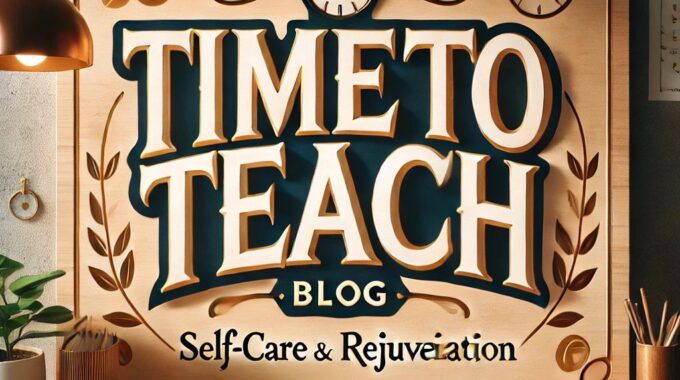As we turn the corner into spring, it’s the perfect time to refresh our teaching…
Instagram, adolescent girls, and the importance of evidence
We believe in thanking our sources! This post was sourced from the following blog/website: http://feedproxy.google.com/~r/dangerouslyirrelevant/~3/hHRf4m-_5V4/instagram-adolescent-girls-and-the-importance-of-evidence.html
The following is a new blog post related to education and teaching and relevant to our website visitors. The blog post is not based on the opinions or values of our company but is related to education and teaching, so we wanted to share it with YOU! If you ever have any questions please let us know. Now… on to the post!
I’ve written on this blog before about irresponsible fearmongering when it comes to technology. It’s one thing to judiciously weigh the pros and cons when it comes to technology and our children. It’s a whole ‘nother to just throw claims out there that lack evidence.
In today’s New York Times article, Does Instagram harm girls? No one actually knows., Dr. Laurence Steinberg, Professor of Psychology at Temple University, said:
… there is a growing scientific literature on the links between social media use and adolescent mental health. But as yet it is not possible to draw any firm conclusions from it, in part because very few studies have the characteristics listed above. Of the better studies that have found a negative correlation between social media use and adolescent mental health, most have found extremely small effects – so small as to be trivial and dwarfed by other contributors to adolescent mental health [emphasis added].
Complicating matters further is that in the Facebook surveys, twice as many respondents reported that Instagram alleviated suicidal thinking than said it worsened it; three times as many said it made them feel less anxious than said it made them feel more so; and nearly five times as many reported that Instagram made them less sad than that it made them sadder.
We should be just as skeptical about correlational research that links social media use to reports of positive well-being as we are about research that reaches the opposite conclusion. But given the widespread eagerness to condemn social media it’s important to remember that it may benefit more adolescents than it hurts.
Facts matter. Truth matters. It may be that Instagram actually is more harmful to teenage girls than helpful. But until we have better evidence, let’s be careful before we make wide-ranging claims about youth and technology, okay?
Time To Teach reviews each blog post by our contributors but if you feel this is a blog post better suited for another page please let us know.
Teachers and Educators are our heroes. We want to thank you for the work you do!
Yours In Education!
Time To Teach

